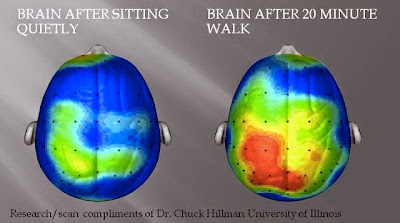On Thursday, October 16, 2014, I attended the Kids Are Customers, Too workshop sponsored by the
Children's Services Division of the Maryland Library Association. I always look forward to this workshop, as it's nice to see librarians from around the state and have a chance to share ideas. This year, guest authors were Greg Pizzoli (
The Watermelon Seed and
Number One Sam) and David A. Kelly (
Miracle Mud and the Ballpark Mysteries). I now have a new favorite choice for storytime- Greg Pizzoli's books are wonderful and I can't wait for
Templeton Gets His Wish to come out early next year. Be sure to visit his Etsy site and check out his adorable book buttons! Other sessions were presented by
FutureMakers, a mobile makerspace, and Maryland children's librarians. I learned a little bit more about the maker movement in libraries and Every Child Ready to Read, a tool for librarians to use in teaching parents and other adults about early literacy skills. I wish that both sessions would have been more in depth as there was so much more to share and learn. The last session I attended was a Guerilla Storytime. I've heard about this movement, but didn't know much about it. Developed by a group called Storytime Underground, these storytimes and sessions are a chance for groups of librarians to get together and brainstorm ideas for how to handle difficulties that may occur during storytimes. Librarians shared ideas for getting antsy toddlers to sit still, chatty parents to stop talking, opening and closing rhymes, and more. My new favorite closing rhymes are:
We clap to say goodbye, we clap to say goodbye,
Hip hip hooray, we had fun today,
We clap to say to say goodbye (tune "The Farmer in the Dell")
After thanking the adults for bringing the children to storytime, sing:
Our hands say thank you with a clap, clap, clap.
Our feet say thank you with a tap, tap, tap.
Clap, clap, clap. Tap, tap, tap.
And we roll our hands together and say goodbye.
One librarian shared her ABC storytime rules. A is for all aboard: it's time for everyone to engage in our storytime activities. B is for break- feel free to take a break if someone is fussy and then come back in to storytime when they are clamed down. C is for chatting and cell phones, which are both distracting for little learners.
All in all, it was a great conference and I feel like I came back with practical ideas I can use in both programming and reader's advisory.







